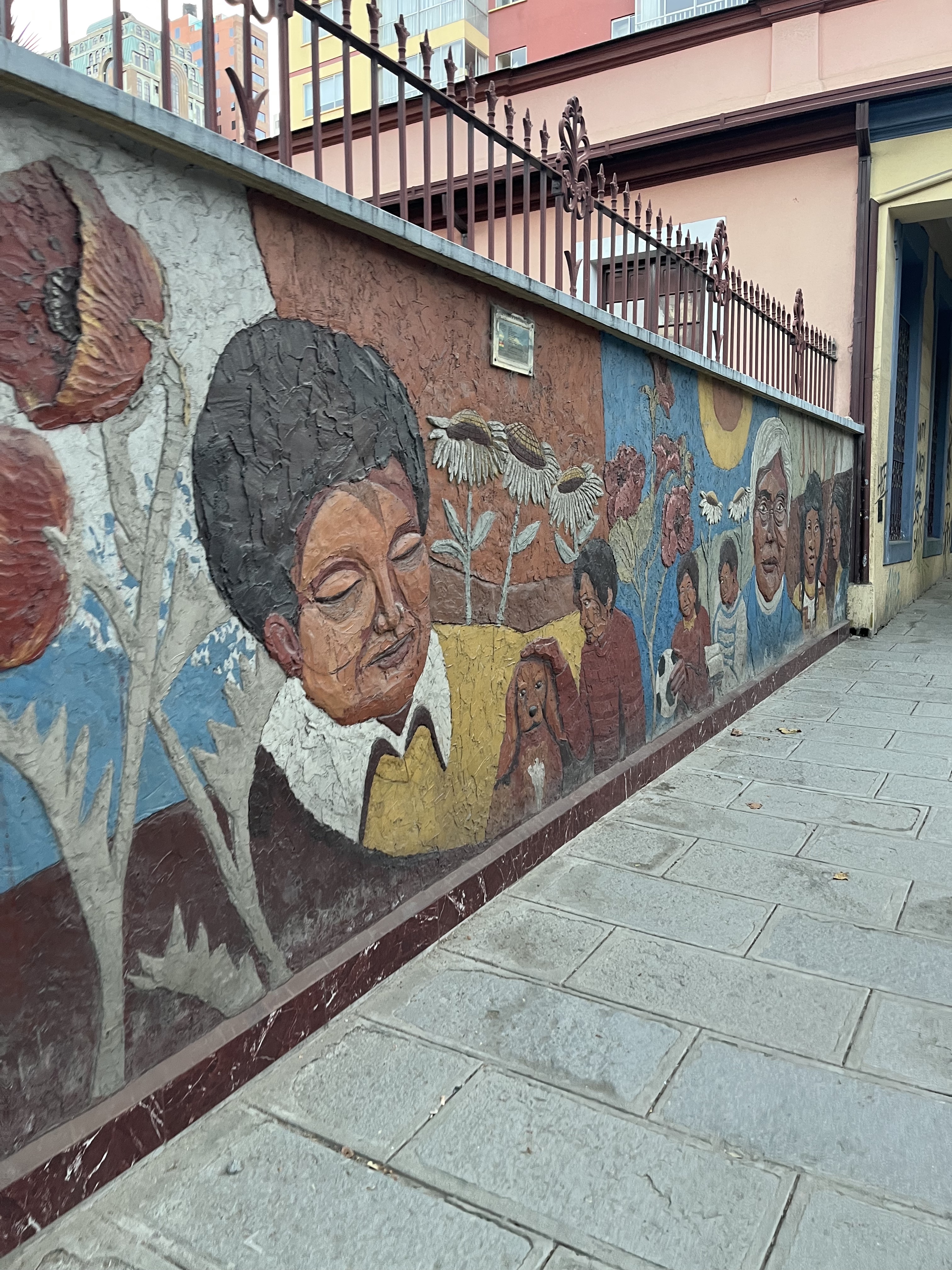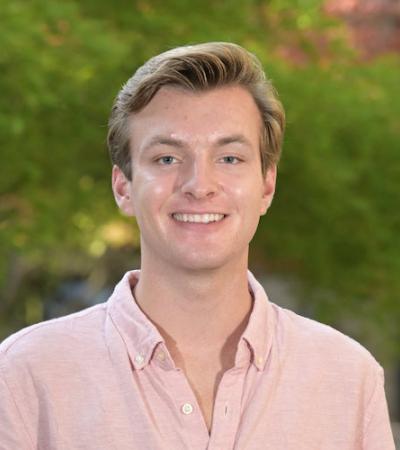Examining the Determinants of Health for Indigenous Populations in La Paz, Bolivia
Experiencing the World Fellowships
Project: Bolivia
Adviser: Steve Reifenberg
FINAL REPORT:
 My time in Bolivia contained the most interesting, challenging, and rewarding experiences that I have had thus far in my life. When I originally considered doing an Experiencing the World Fellowship, doing work in Bolivia specifically caught my attention because of the incredible diversity in the country. Upon doing some background research on the country, I learned that thirty-six different indigenous cultures exist in the small, landlocked plurinational state of Bolivia. I became very interested in learning about the experiences of these indigenous individuals in Bolivia’s healthcare system, and the role their cultures played in traditional medicine in La Paz and El Alto.
My time in Bolivia contained the most interesting, challenging, and rewarding experiences that I have had thus far in my life. When I originally considered doing an Experiencing the World Fellowship, doing work in Bolivia specifically caught my attention because of the incredible diversity in the country. Upon doing some background research on the country, I learned that thirty-six different indigenous cultures exist in the small, landlocked plurinational state of Bolivia. I became very interested in learning about the experiences of these indigenous individuals in Bolivia’s healthcare system, and the role their cultures played in traditional medicine in La Paz and El Alto.
When I arrived in La Paz in early May, I quickly came to the conclusion that my experience over the course of the next four weeks was going to be very different from what I had expected. I became acquainted with my host family, and I used the next day to catch up on sleep and adjust to the incredibly high altitude. One of my favorite elements of the trip outside of the work I was doing was building a relationship with the members of my host family. My host mom, Paula, was incredibly accommodating to me and truly made me feel like I was a part of the family. Over the course of my weeks in La Paz, she and the rest of my host family prepared traditional Bolivian cuisine for me every lunch (the most important meal of the day in Bolivia, dinner is not really observed), and they even let me help sometimes when they believed the task was remedial enough in terms of cooking skill.
My immersive experience with a Bolivian family as well as taking public transportation in La Paz to get to medical facilities and other places around the city really guided me in my improved understanding of the region and cultural traditions. My host family told me about all sorts of festivals that happen annually in Bolivia, and by taking public transportation I got to see so many different neighborhoods both in La Paz and in its neighboring city, El Alto.
The region of La Paz and El Alto in Bolivia is incredibly complex. While the two cities are right up against each other, they greatly differ in many ways. El Alto, which used to be a part of La Paz until the 80s, is a municipality that is primarily made up of low-income indigenous individuals located at a much higher elevation overlooking La Paz. I quickly learned that, while incredibly extensive, the city is rather under-developed, and many homes are built without a proper contractor or licensing. This tends to make them very precariously constructed and a hazard to the population. This also results in a lack of proper plumbing and electricity in many houses and facilities.
There is only one top tier level hospital in the entire city, El Hospital del Norte, and it is notoriously known for being under-resourced, often without basic specialists, including pediatricians. This often leads many individuals in El Alto to be referred to hospitals in La Paz. However, in a large number of cases these individuals do not deem the journey necessary and refer to traditional medicine for their ailments. The reasoning behind this determination depends on the individual and their situation, and this is why I conducted interviews with medical practitioners and users of traditional medicine, so I could get a better understanding of their situations.
The initial stages of my project were by no means perfect. I received a lot of help from advisers at the program I was in, setting up meetings with healthcare professionals and users of traditional medicine, and it was in those interviews and discussions where I learned the most about the topic I was there to study.
There is an incredible experience that I remember, and it is one that I think about so often when I reflect on this trip because it made me realize how rewarding the work I had been doing was for me personally and the power I could have in making a difference, even in a country I was not very familiar with. I was interviewing the mother of a little girl who was in her physical therapy appointment at a children’s disability center. When I mentioned that I was going to be sharing the work that I planned on doing with my project with other people, she lit up and thanked me profusely for sharing how difficult it can be for indigenous people to seek healthcare in a country where their language is not spoken and how they do not have adequate understanding of the healthcare system or how healthcare even works. There is such a stigma surrounding traditional medicine, which can be incredibly effective in many cases and is very important to indigenous culture. This makes it even more difficult for indigenous people to receive equal and adequate healthcare in the country, even though it is technically guaranteed by law.
My experience in Bolivia changed my life. I learned so much about how the world really extends beyond what exists within westernized culture and how that is not something one should be afraid of experiencing because of how enriching it can be to learn about other cultures and lifestyles.






